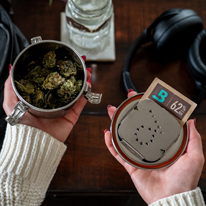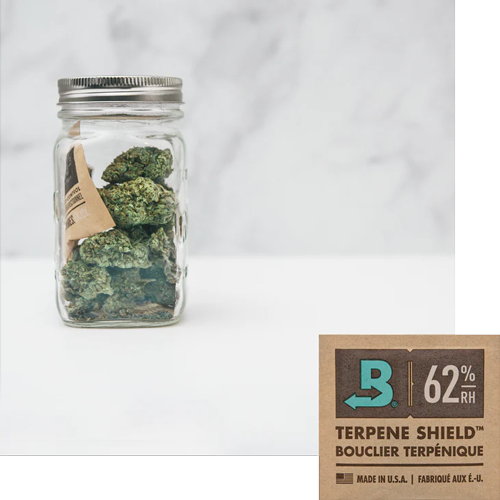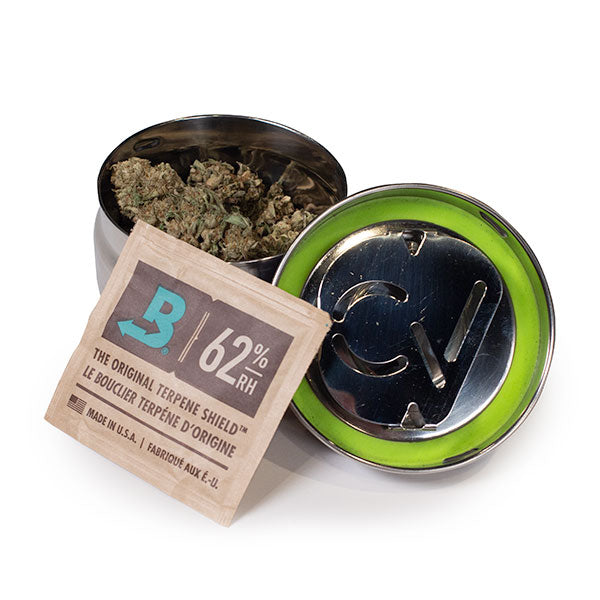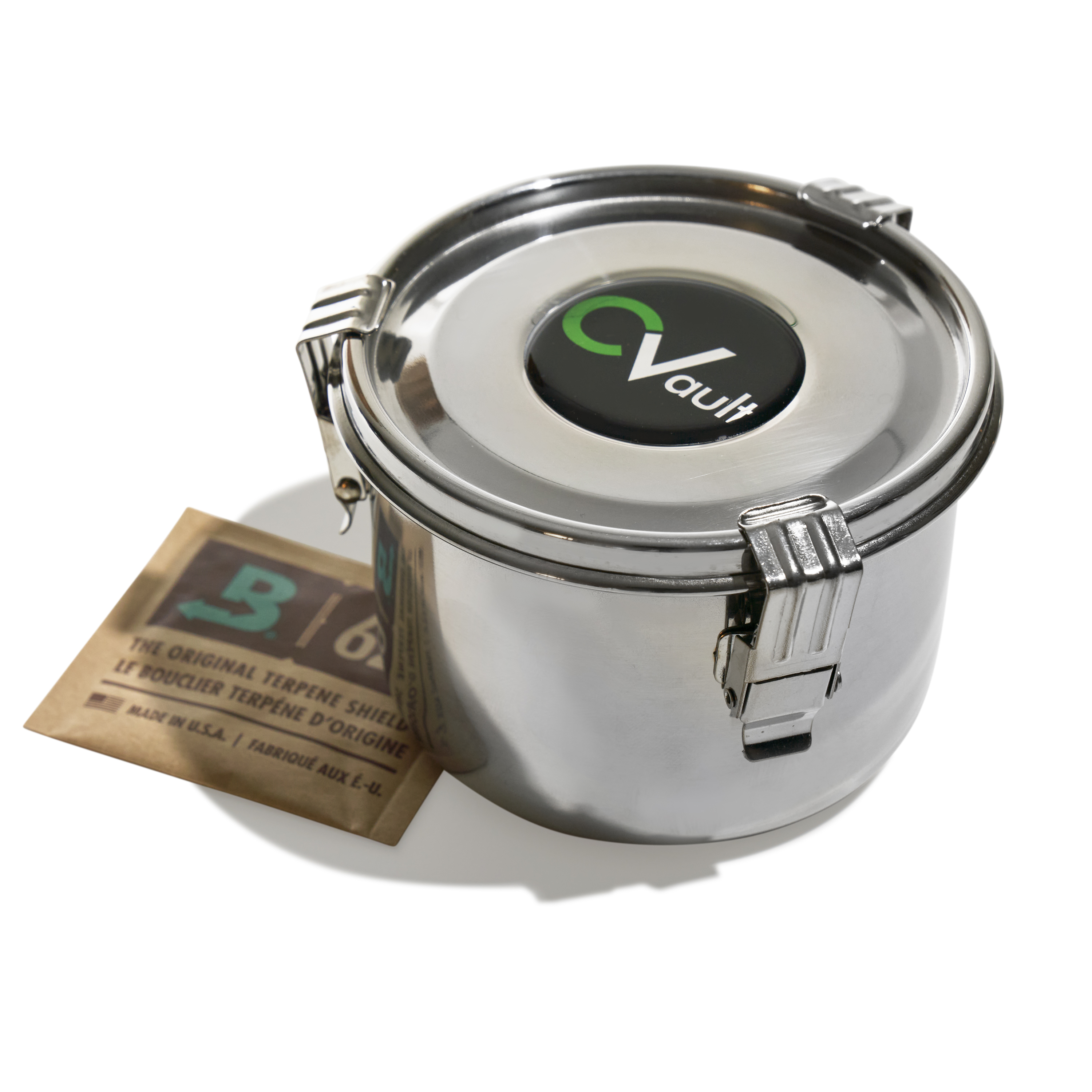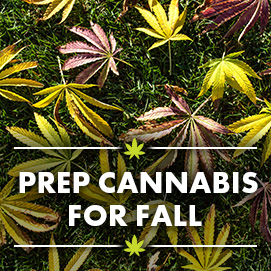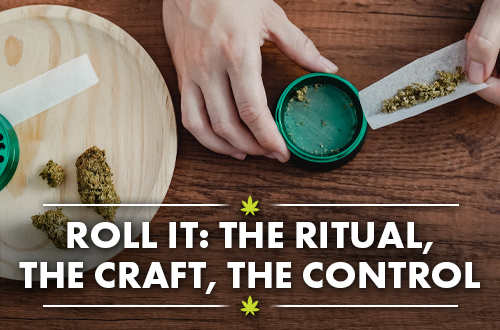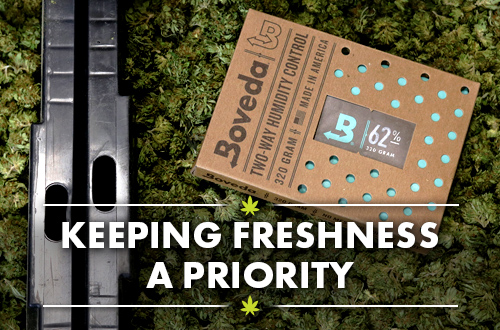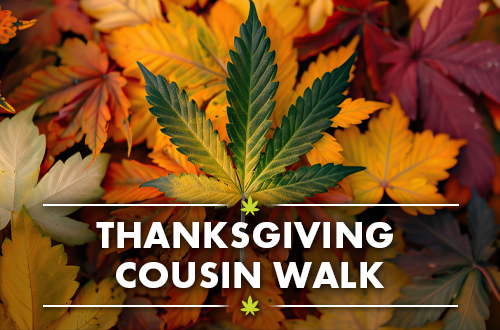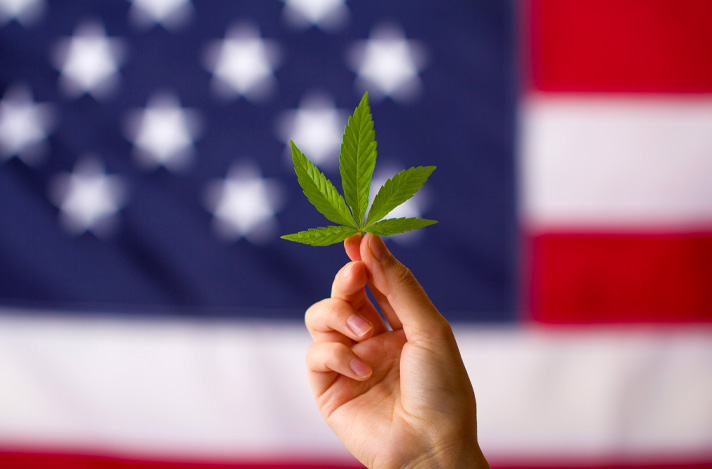
The U.S. is home to 50 states, which often exist in their own legal bubbles, enacting laws, regulations, and limitations that reflect the values of that particular electorate.
It’s what makes the United States of America so special. It also makes for a confusing medley of diverse, occasionally overlapping laws, especially around cannabis.
In what states is weed legal? And what about states where recreational weed is legal vs. medical cannabis? In this post, explore the complex world of U.S. cannabis legalization. Read the whole story below. Or, for a handy shortcut, hit Control-F and type in your state (or the state you plan to visit) to see which category it falls under.
States Where Cannabis Is Legal for Medical Use
At a certain point, not even hard-line cannabis opponents couldn’t discount the wellspring of scientific evidence around weed’s medical benefits. Its analgesic (pain relieving), anti-inflammatory, anti-anxiety, and sleep-promoting properties are well-documented in medical literature. And there’s clear clinical or anecdotal evidence of people successfully managing their chronic pain, MS symptoms, glaucoma, arthritis, PTSD, etc., with cannabis.
After the landmark Rohrabacher-Farr Amendment in 2014, which barred the Justice Department from meddling in state medical cannabis laws, the door was open. With that protection in place—and the slate of mounting scientific evidence—several states moved to legalize medical marijuana.
Most of those pioneering states have gone on to legalize cannabis in full. However, some states still only legalize cannabis for medical usage. They include, in alphabetic order:
- Alabama
- Arkansas
- Florida
- Hawaii
- Kentucky*
- Louisiana
- Mississippi
- New Hampshire
- North Dakota
- Oklahoma
- Pennsylvania
- South Dakota
- Utah
- West Virginia
*Effective January 1, 2025
It’s important to note that recreational cannabis use in these states remains limited in some capacity—either outright illegal, a misdemeanor, decriminalized in small quantities, or decriminalized in certain big cities. In the final section, we’ll attempt to detail the patchwork of various state laws and penalties (spoiler: it’s pretty complex). If you’re in one of these states (or a state listed below with blanket legalization for both medical and recreational use), check out our guide to preserving medical cannabis. Medical users, especially, need to safeguard the terpene and cannabinoid profiles of their cannabis for it to work its beneficial magic. That’s why it’s vital to implement best practices around storage with tight-fitting containers, low UV exposure, and Boveda 2-way humidity packs.
States Where Cannabis Is Legal for Recreational Use, Too

Washington’s “Initiative 502” and Colorado’s “Amendment 64” were watershed moments in the struggle for state recreational legalization. Both passed in 2012, opening the floodgates for a slew of legalizations to follow.
In the intervening 12 years, the news has been a near-constant scroll of states stepping up to the plate with their own state legislature changes. In how many states is weed now legal? At the time of writing, cannabis is legal for recreational use in 24 states. If you’d told the last generation that nearly half of the United States (and well over half the population) would have access to recreational cannabis, their jaws would have dropped.
The states where recreational weed is legal include:
- Alaska
- Arizona
- California
- Colorado
- Connecticut
- Delaware
- Illinois
- Maine
- Maryland
- Massachusetts
- Michigan
- Minnesota
- Missouri
- Montana
- Nevada
- New Jersey
- New Mexico
- New York
- Ohio
- Oregon
- Rhode Island
- Vermont
- Virginia
- Washington
Naturally, the legal language around legalization varies from state to state. Mainly, the variance involves how much cannabis you can possess at a given time and the timeframe for that possession limit. For instance, Minnesota allows the possession of up to 71 grams every 14 days; Massachusetts allows up to 280 grams per two-month period; and Delaware lets you possess up to 171 grams without any time frame. In any case, it’s a generous allotment that people rarely exceed. If you plan to hold that much cannabis in your possession, definitely practice proper weed storage with Boveda’s 2-way humidity control packs for weed.
Cultivation laws also vary, but generally, the states above let you grow two or three mature plants at a time. If you’re in one of the 24 states above and want to give growing a go, check out Boveda’s Home Grow Kit, complete with CVault containers and Boveda packs.
The Others: A Patchwork of Illegality, Decriminalization, “De Facto” Legalization and More
Here’s where things get messy—at least from a bird’s-eye perspective. Understanding where the other states stand on cannabis involves getting granular with the state legislative literature.
Some states, like Oklahoma, place a simple “illegal” stamp on cannabis—basically, the stance most states took two decades ago. Other states, like Mississippi and New Hampshire, label recreational cannabis as an illegal substance but have nevertheless decriminalized it (thereby reducing the threat of criminal possession charges). Some states, like Kansas and Iowa, slap a misdemeanor offense onto possession. Others, like Georgia, make decriminalized exemptions for their big urban centers like Atlanta. And then there’s Texas, where many consider cannabis possession “de facto” legal since arrests and prosecutions have plummeted.
Is it confusing? Yes. Is it the only incremental path forward in a country with no federal mandates legalizing weed? For now.
Unfortunately, there’s a limit to how granular an article like this can get; for specific regulations/limitations/legal status in your state, check out your local state law. And if you’re passing through one of these states, consider brushing up on our guide to how long cannabis stays in your system.
A Hopeful Future for Legalization
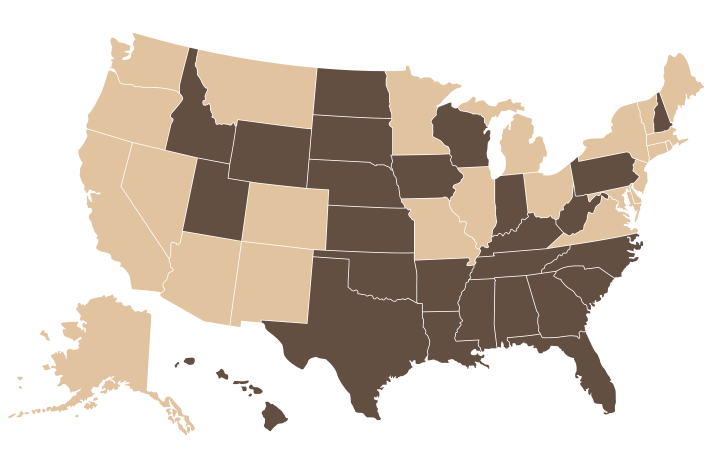
Key
Tan — Cannabis is fully legal
Brown — Cannabis is illegal, or laws make limited allowances
Whether you’re an American or plan to visit the country, this guide should demystify cannabis legalization in the States. To summarize, a total of 38 states have legalized different types of weed in some capacity—with 24 states giving the green light for recreational use. And many of the states that haven’t yet legalized it have at least walked back on issuing criminal offenses.
Taken as a whole, this paints an optimistic picture of the road ahead. Once a maligned substance lumped in with other, more serious drugs, cannabis is now being fairly reassessed. Hopefully, when this article is revisited in the next few years, more states will be added to the list.


